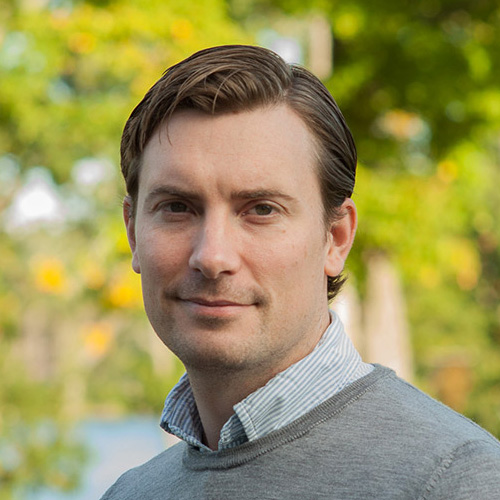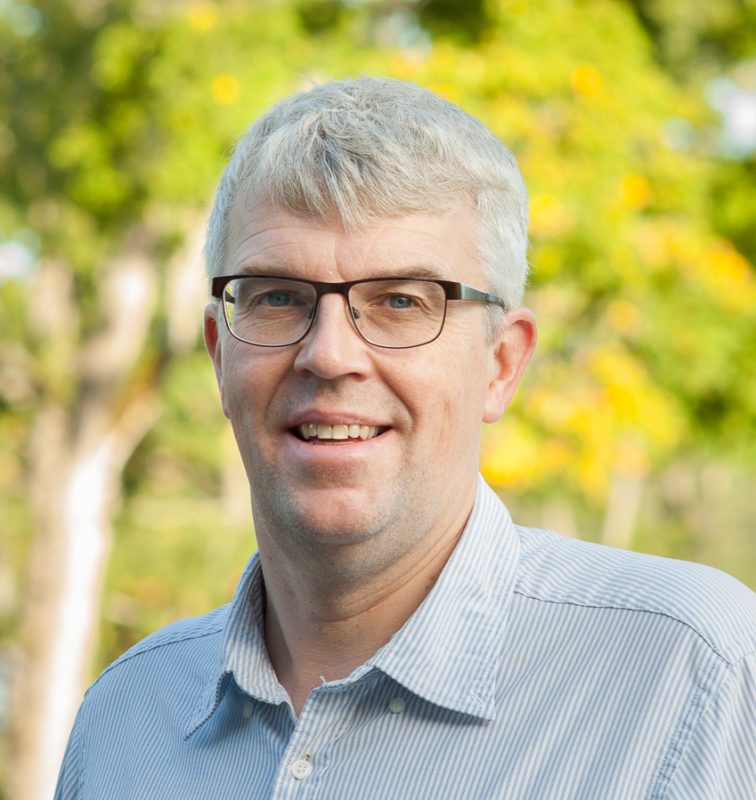The Food Valley of Bjuv, Sweden – a great example of how residual and material flows can enhance a circular economy
July 31, 2020- InfraTalks – utility infrastructure insight

Peter Bäckström
Successful collaborations between municipalities, local industrial companies and other stakeholders can unlock new opportunities for sustainable development and growth. The municipality of Bjuv in southern Sweden is forging close links between industry and society – and in doing so taking great strides towards a fossil-free circular society.
Working together for mutual benefits
Investing in smart infrastructure solutions is vital to help grow local economies and attract investment, new jobs and new residents. But municipalities today are also under severe cost pressures while needing to provide a wide range of services to residents – from education and health care to infrastructure.
Smart infrastructure solutions often provide opportunities for municipalities to find economies of scale and make a positive societal impact, and the key to this is cooperation between industries and municipalities.
Utilising energy, information and material flows, such as heat, cooling and residual waste, one can achieve considerable cost savings, reduce emissions and pave the way towards a carbon-neutral future. Investment models providing the necessary flexibility should be based on cooperation.
The Food Valley of Bjuv
One success story is the municipality of Bjuv, which in 2008 initiated a long-term collaboration with regional industrial companies, residents and other stakeholders to find new and sustainable energy solutions for future development. The collaborators looked at how surplus heat from industries could be utilised in one ecosystem, beyond just using it for district heating.
One concrete result is what is now known as the “Food Valley of Bjuv”, a large cluster of food companies that work in industrial symbiosis, taking advantage of all possible residual and material flows in a local circular economy. The goal is sustainable food production, while improving society through municipal infrastructure. Energy distribution projects using waste heat that was previously lost include a bus stop with heated seats and a 100-metre stretch of heated pavement and bicycle lane that reduces winter maintenance and the risk of collisions and accidents. District heating acts as a platform, providing 100% renewable energy and the possibility to utilise excess heat from industry.
Great opportunities through new business models
Creating and implementing new business models requires new ways of working and the right kind of experience. The use of technology requires expertise. Municipalities, independently or together with their partners, should consider how infrastructure development should take place in the future. Nevel’s business model is to map out the path to an optimal and resource-efficient future and find suitable investment models together with municipalities

Per Ander
Real estate business
Sweden
+46 733 484 794
